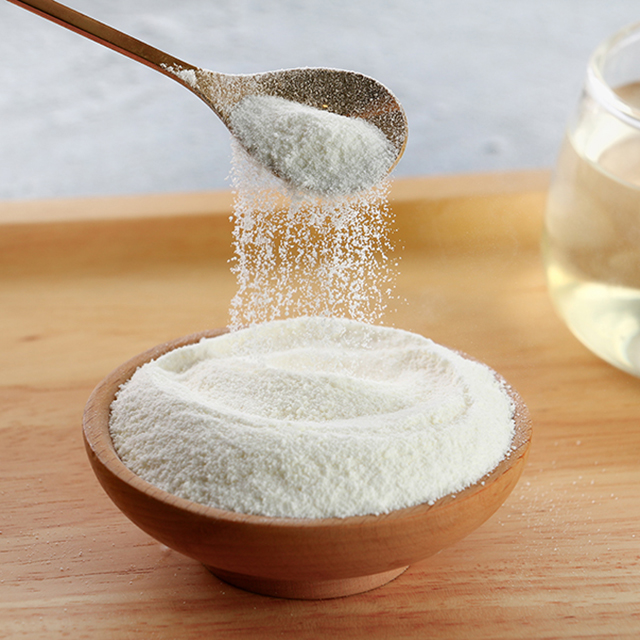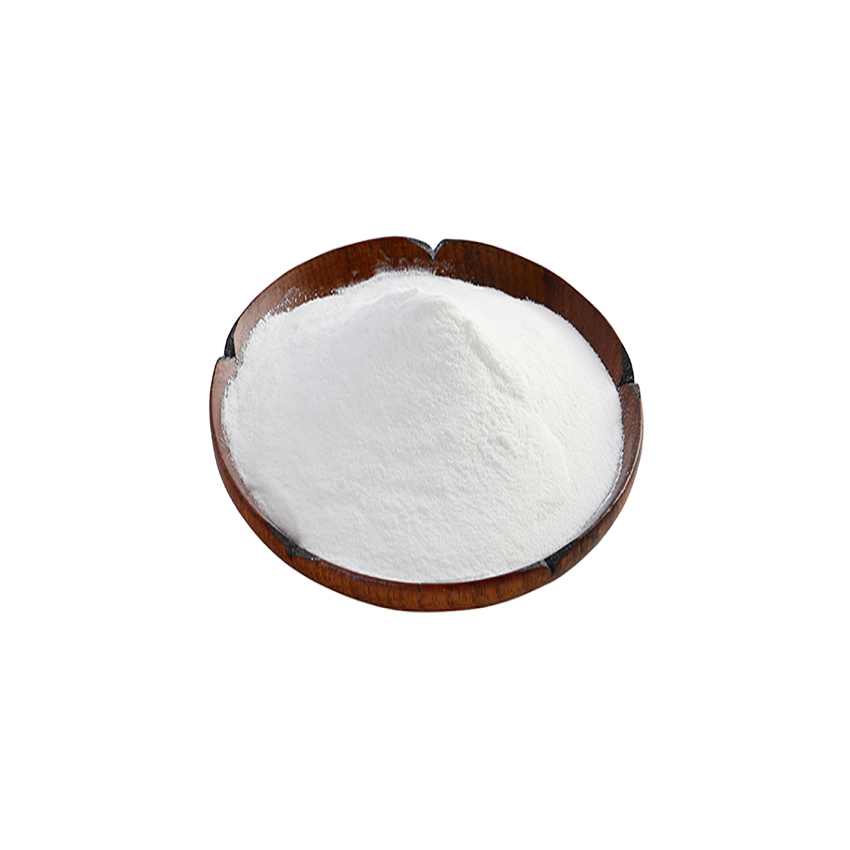THREE MISUNDERSTANDINGS ABOUT COLLAGEN
First, it is often said that "collagen is not the best source of protein for sports nutrition."
In terms of basic nutrition, collagen is sometimes classified as an incomplete protein source by current routine methods for assessing protein quality due to its low content of essential amino acids. However, the bioactive role of collagen goes beyond the basic nutritional role of protein in terms of contributing essential amino acids to meet daily needs. Due to its unique peptide structure, bioactive collagen peptides (BCP) bind to specific cell surface receptors and stimulate the production of extracellular matrix proteins. Its effect has nothing to do with the essential amino acid spectrum or protein quality score of collagen.
Second, consumers are confused about the classification of collagen peptides.

The distribution of collagen in the body is complex. But no matter where they are, the classification of collagen types (28 have been identified so far) does not affect the bioactivity of their collagen peptides as a source of nutrition. For example, according to various preclinical trials, type I and type II collagen show nearly the same protein sequence (about 85%), and when type I and type II collagen hydrolyzes into peptides, their differences have no effect on the bioactivity or cellular stimulation of the collagen peptides.

Third, biological collagen peptides are not immune to enzymatic digestion in the gut.
Compared to other proteins, collagen has a unique amino acid chain structure that facilitates the transport of bioactive peptides across the intestinal wall. Compared to the α helical configurations of other proteins, the biological collagen peptides have a longer, narrower structure and are more resistant to intestinal hydrolysis. This property makes it beneficial for good absorption and stability in the gut.
Today, consumption is going beyond basic needs and focusing on conditional essential amino acids and bioactive food compounds as metabolic regulators that can bring optimal and long-term health benefits to the body and meet specific physiological needs such as anti-aging and reduction of sports injuries. As far as consumers' cognition is concerned, collagen has become one of the main sources of functional peptides.
Post time: Sep-15-2021







